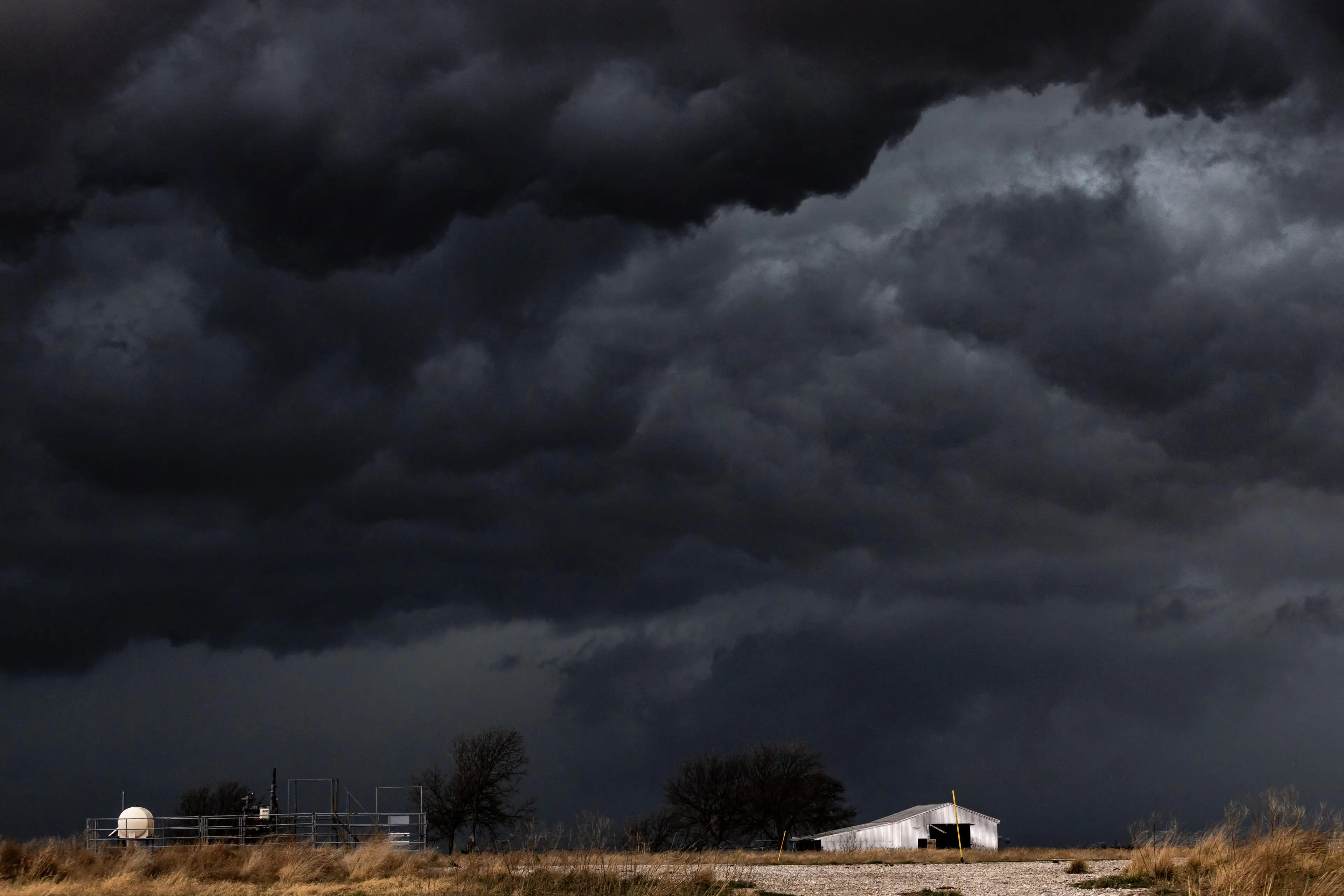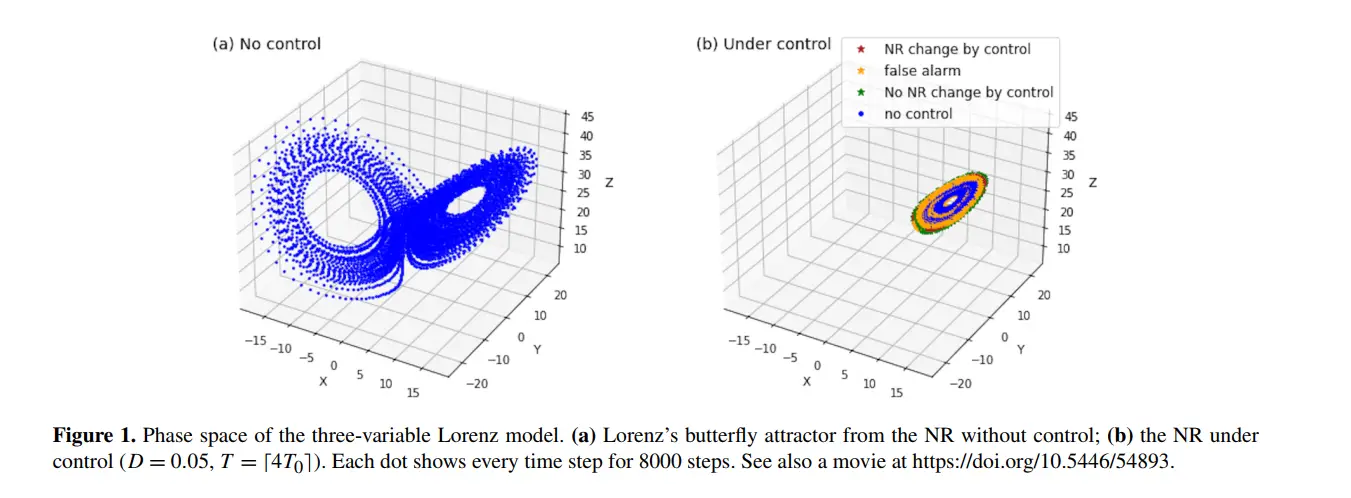
It could soon be possible for the weather to be controlled and even modified using a series of computer simulations, researchers have announced.
Using a system called a 'butterfly attractor', scientists from the RIKEN Center for Computational Science now believe they have a way to better control the weather - which may help mitigate the effects of climate change in the future.
Famed mathematician and meteorologist Edward Lorenz first posited the idea of the butterfly attractor. Lorenz's hypothesis is that even the most minute, butterfly-scale changes to his computer weather models caused a range of diverse meteorological outcomes, from bright skies to raging storms, with no way to predict the final outcome.
This theory is colloquially known as the 'butterfly effect' today, whereby a seemingly small and innocuous action can have a massive knock on impact further down the line.
Advert

The RIKEN team has since started to properly investigate this theory by looking into whether it could be used to mitigate events like tropical storms and torrential rain.
Supercomputer simulations already allow scientists to predict the weather with a high level of accuracy, so influencing it could be the next great scientific stride forward.
“We have successfully built a new theory and methodology to study the controllability of weather,” said Takemasa Miyoshi of the RIKEN Center for Computational Science, who led the research team.
“Based on observing the system simulation experiments used in previous studies, we were able to design an experiment to investigate predictability, on the assumption that the true values (nature) cannot be changed, but rather that we can change the idea of what can be changed (the object to be controlled).”

Although weather predictions have reached high levels of accuracy thanks to supercomputer-based simulations and data assimilation, scientists have long hoped to be able to control the weather.
Climate change has intensified the need for development in this area, because of the increased risk of extreme weather events around the world.
While Miyoshi doesn't put a timescale on the development of such technology, he does allude to its future capabilities: "In the future, we plan to use actual weather models to study the possible controllability of weather," he states.
If you have a story you want to tell, send it to UNILAD via [email protected]
Topics: Weather, Technology, Science
